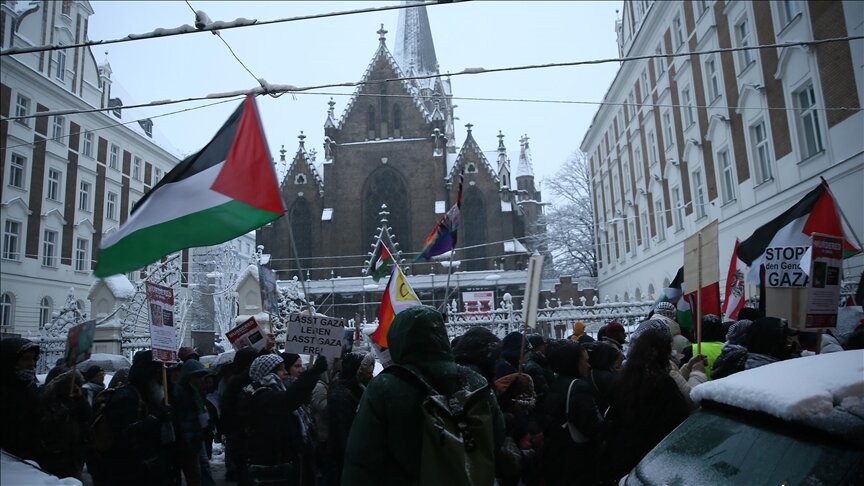
Similar Posts
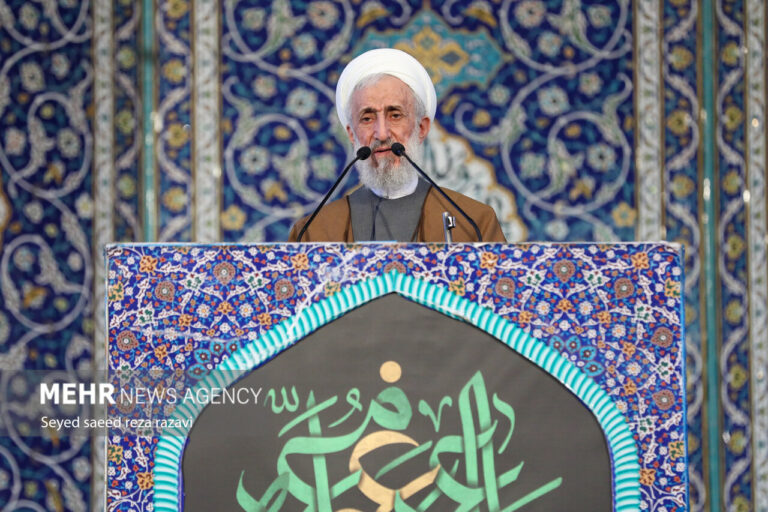
Iran’s Senior Cleric Dismisses Direct Negotiations as Unworthy
In a sermon, Iranian cleric Hujjat al-Islam Kazem Sedighi dismissed claims of direct negotiations with the US as deceptive, asserting that such talks are unworthy of Iran. He emphasized that Iran chose Oman for the upcoming discussions, rejecting the UAE as a venue. Sedighi stated that the focus of the talks will solely be on the nuclear issue, despite the US wanting to address various topics. He highlighted Iran’s advancements in its indigenous nuclear industry and reiterated that there would be no negotiations on nuclear power. The outcome of these talks in Oman could significantly impact Iran-US relations and regional stability.
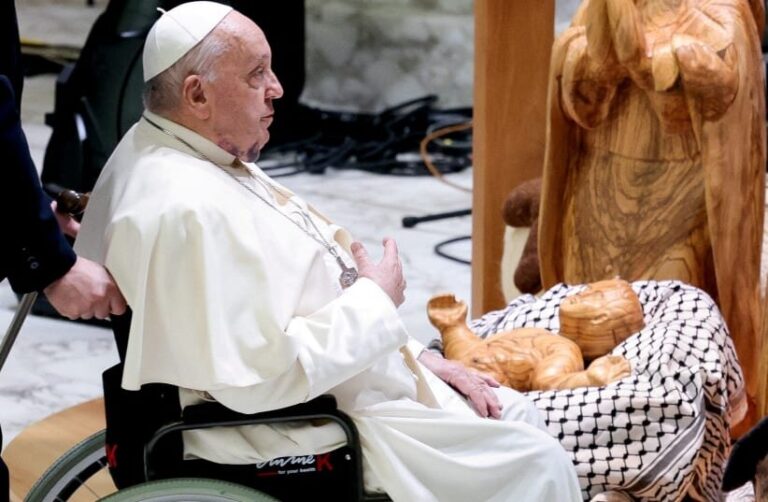
Pope Francis Breaks Western Silence on Gaza: Unraveling Vatican Complicity
Following Pope Francis’s death on April 21, 2023, reflections on his support for Palestinians, especially in Gaza, have emerged. He consistently condemned violence and advocated for the besieged population, emphasizing their plight amidst escalating conflict. Unlike many Western leaders, he called for peace and humanitarian aid, famously expressing his concerns about the situation in Gaza, likening it to genocide. His legacy contrasts sharply with historical papal positions, focusing on solidarity with both Palestinian Christians and Muslims. While his compassionate stance resonated with many, the Vatican’s diplomatic relations remain cautious, leaving ongoing complexities in the Israeli-Palestinian conflict.
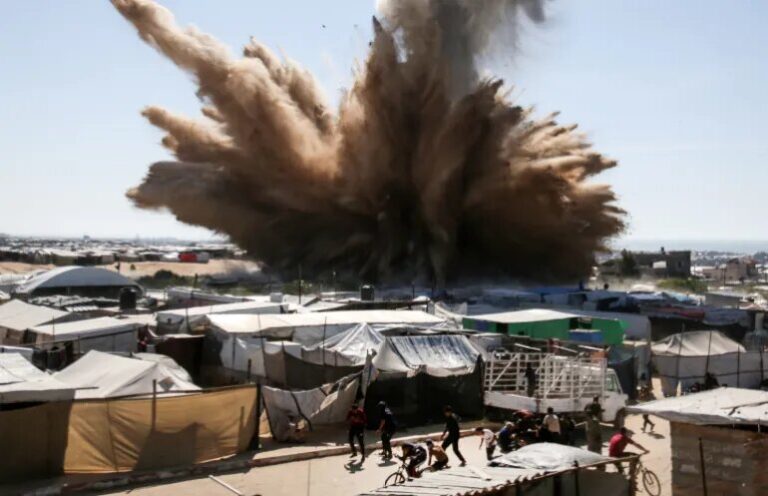
Tragic Escalation: 44 Palestinians Reportedly Killed by Israel in Last 24 Hours
A recent report highlights the devastating impact of ongoing “Israeli aggression,” revealing a death toll of 51,201 and over 116,000 injuries since October 7, 2023. Rescue teams struggle to reach victims trapped under rubble and in the streets due to the destruction. Since hostilities resumed on March 18, 1,827 have been killed and 4,828 injured, underscoring the urgency of the humanitarian crisis. Emergency services face significant challenges in providing aid, and the situation continues to deteriorate, complicating efforts for peace. The international community’s engagement is crucial to address these humanitarian needs and advocate for a ceasefire.
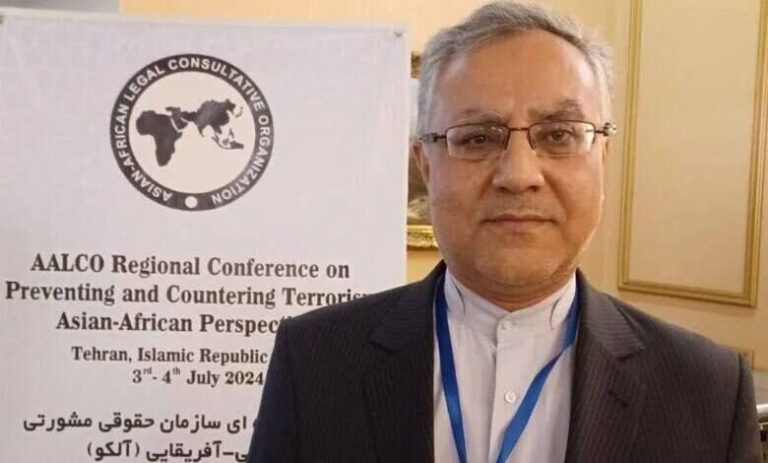
Iran’s New Ambassador to London: A New Chapter in Diplomatic Relations
Ali Mousavi has been appointed as Iran’s permanent representative to the International Maritime Organization (IMO) in London, a key position for advancing Iran’s maritime interests and influence in global policies. He presented his credentials on March 26 to IMO Secretary-General Arsenio Dominguez, who recognized Iran’s contributions to regional maritime security. Mousavi’s extensive experience includes roles in international law and diplomacy, equipping him to address complex geopolitical challenges. His appointment reflects Iran’s commitment to active participation in global maritime governance, as he aims to foster cooperation on maritime safety, environmental protection, and sustainable shipping practices.
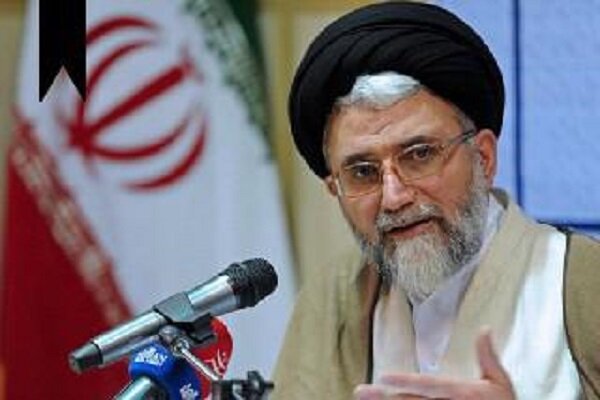
US Intensifies Pressure on Iran to Initiate Crucial Negotiations
Iranian Minister of Intelligence Seyyed Esmail Khatib recently addressed escalating tensions with the US, criticizing American tactics as manipulative and contradictory to their purported desire for dialogue. During a meeting with military commanders, he highlighted that the US aims to impose its terms rather than engage in equitable negotiations. Khatib underscored the importance of a resilient strategy based on trust in the Iranian populace, leveraging domestic resources, and advancing technology. These principles, he argued, are essential for countering external pressures and maintaining Iran’s sovereignty. The Iranian government remains committed to self-reliance and unity amid ongoing geopolitical challenges.
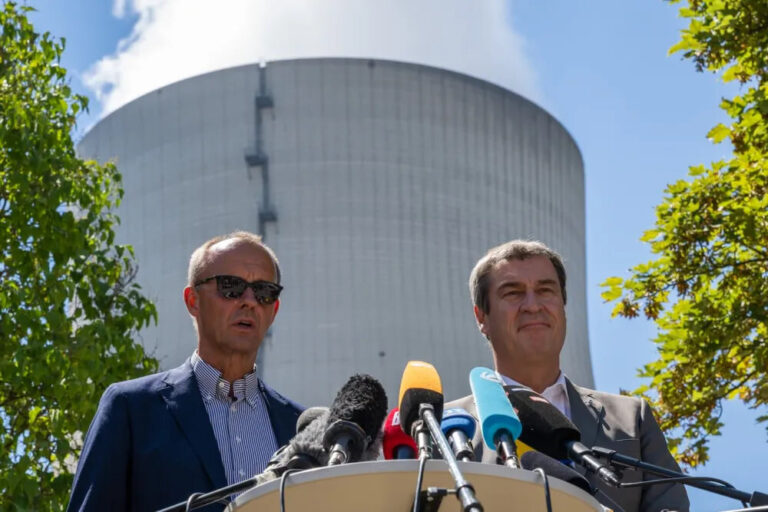
Germany’s Bold Nuclear Renaissance: Rethinking Energy Strategies for a Sustainable Future
Germany’s new defense strategy, prompted by shifting global security dynamics and uncertainties regarding U.S. commitments, includes plans for increased military spending and potential nuclear-sharing arrangements with France and the UK. The coalition government, led by Christian Democrats and Social Democrats, aims to adapt to threats from Russia and reevaluate its nuclear policy. CDU leader Friedrich Merz emphasizes a need for European independence from U.S. security, advocating for a comprehensive nuclear strategy. Public sentiment has shifted significantly since Russia’s invasion of Ukraine, with growing support for nuclear deterrence in Germany. Merz’s proposals mark a significant evolution in defense discussions.